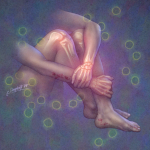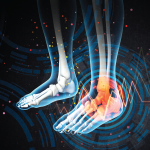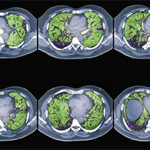WASHINGTON, D.C.—Conference goers who braved the final day of the 2016 ACR/ARHP Annual Meeting were awarded for their stamina by learning about issues relating to the damage caused by systemic lupus erythematosus (SLE) during the session Systemic Lupus Erythematosus—Clinical Aspects and Treatment V: Damage and Morbidity. Minimizing Damage: Early Use of GC-Sparing Strategies Jayne Little,…









